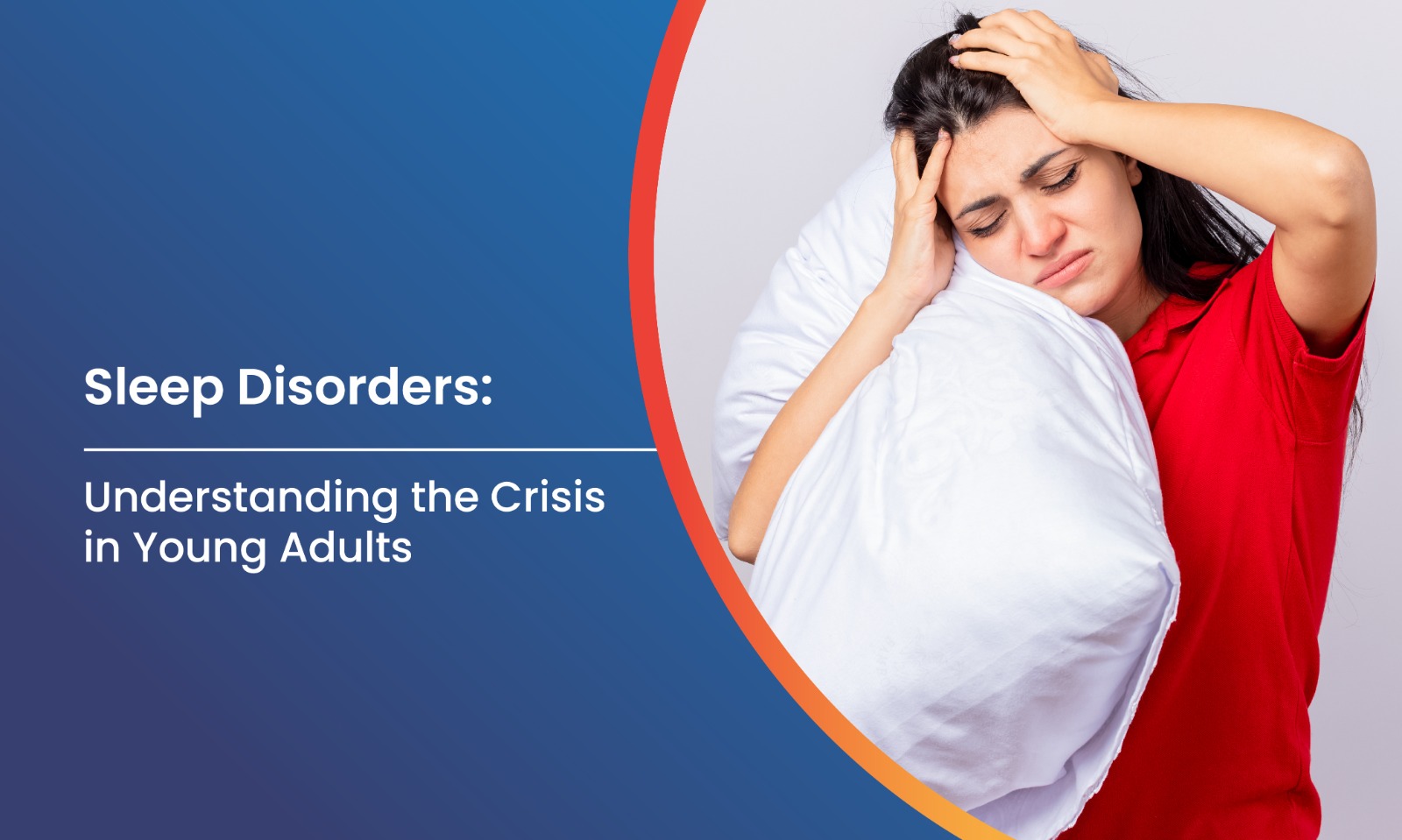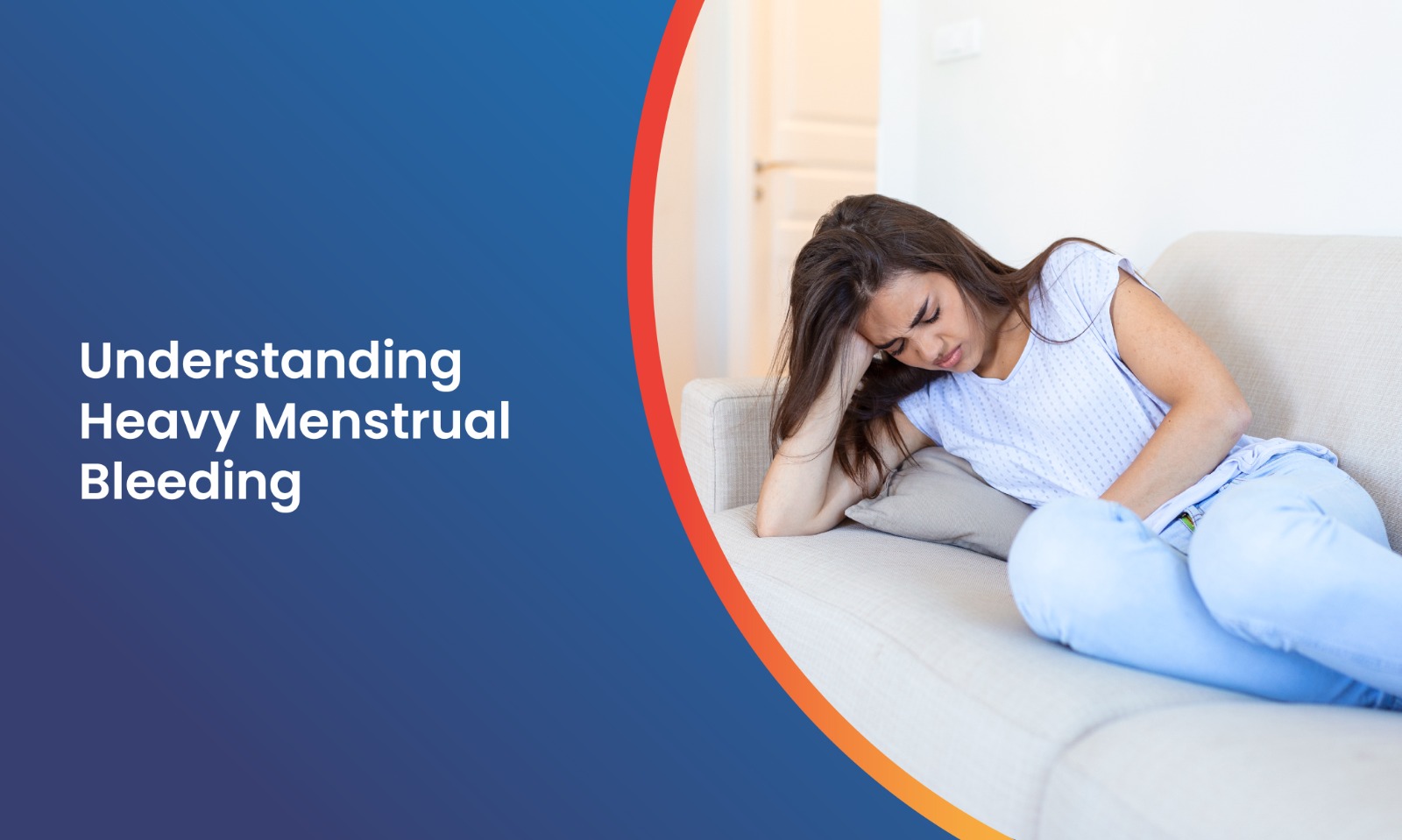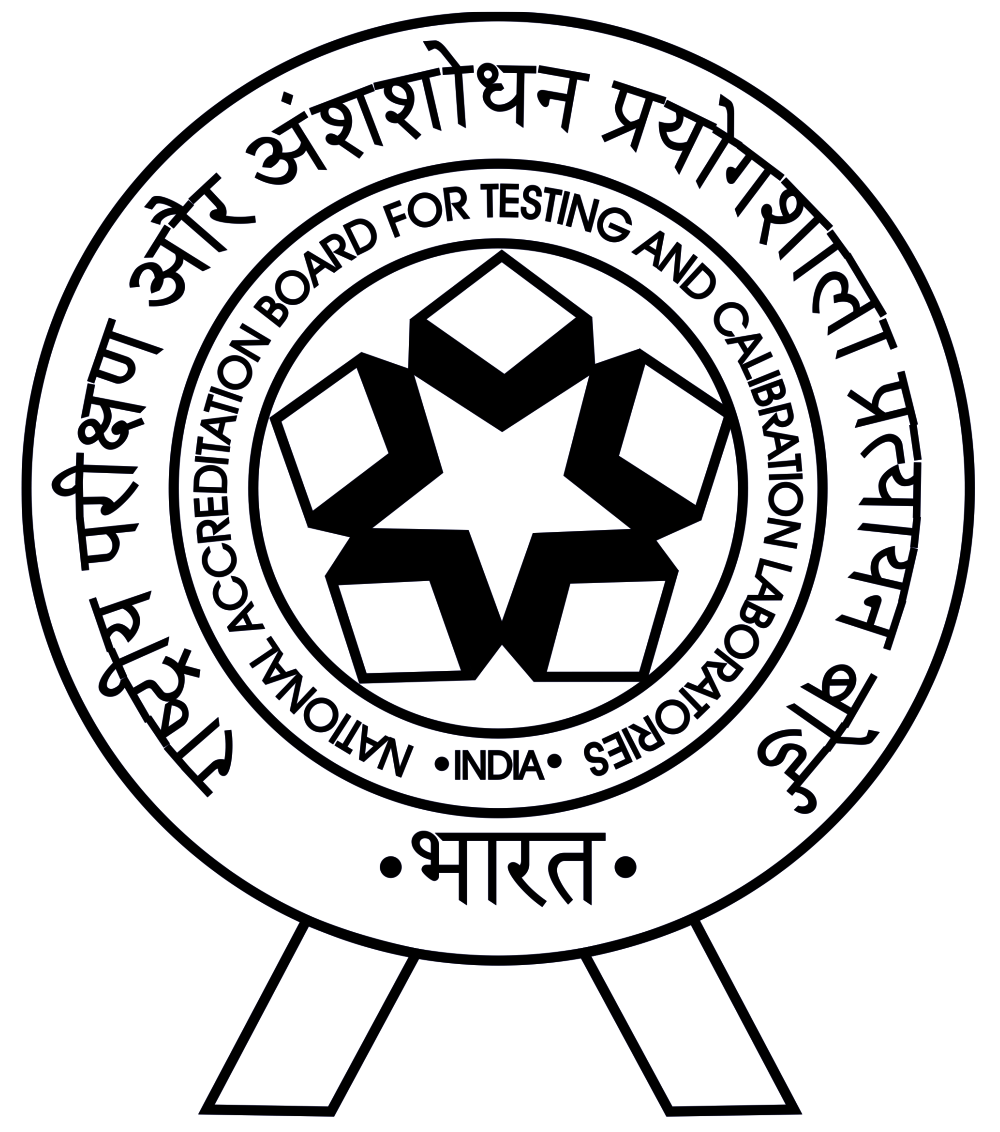Sleep Disorders: Understanding the Crisis in Young Adults

Sleep Disorders: Understanding the Crisis in Young Adults
We at ShardaCare-Healthcity are committed to bringing attention to these frequently disregarded illnesses in order to help you take back your sleep and enhance your general health.
Understanding Sleep Disorders
It is a medical condition that disrupts the sleeping pattern and has become a common factor in the young adults of this generation. This directly affects the mental and physical wellbeing of an individual. These disorders can lead to various health problems, impair daily functioning, and decrease overall quality of life.
Common Sleep Disorders in Young Adults
- Insomnia: Difficulty falling or staying asleep, often exacerbated by stress and lifestyle habits.
- Sleep Apnea: A condition where breathing repeatedly stops and starts during sleep, leading to poor sleep quality.
- Delayed Sleep Phase Syndrome (DSPS): A disorder where the sleep-wake cycle is delayed, causing late-night sleep and difficulty waking up early.
- Restless Legs Syndrome (RLS): An uncontrollable urge to move the legs, usually accompanied by uncomfortable sensations, affecting sleep onset.
Causes of Sleep Disorders in Young Adults
- Digital Overload: Excessive screen time, especially before bed, disrupts the natural circadian rhythm. The blue light emitted by devices suppresses melatonin, a hormone essential for sleep.
- Stress and Anxiety: Young adults often juggle multiple responsibilities, leading to heightened stress and anxiety, which are significant contributors to insomnia and other sleep disorders.
- Irregular Sleep Patterns: The tendency to stay up late for socializing, studying, or working, coupled with inconsistent wake-up times, can disrupt the body's internal clock.
- Substance Use: Increased consumption of caffeine, energy drinks, and, in some cases, recreational drugs can interfere with the ability to fall and stay asleep.
Effects of Sleep Deprivation
- Mental Health Issues: Chronic sleep deprivation is closely linked to depression, anxiety, and mood disorders.
- Cognitive Impairment: Lack of sleep impairs memory, decision-making, and overall cognitive function, affecting academic and work performance.
- Physical Health Risks: Prolonged poor sleep increases the risk of cardiovascular diseases, obesity, and weakened immunity.
- Social and Emotional Impact: Sleep-deprived individuals often struggle with maintaining relationships and managing emotions.
Sleep disorders among young adults are a growing concern that demands immediate attention. By addressing the root causes and adopting healthy sleep practices, young individuals can reclaim their nights and improve their overall well-being. It’s time to recognize sleep as a cornerstone of health and invest in measures that ensure restful nights and vibrant days.














